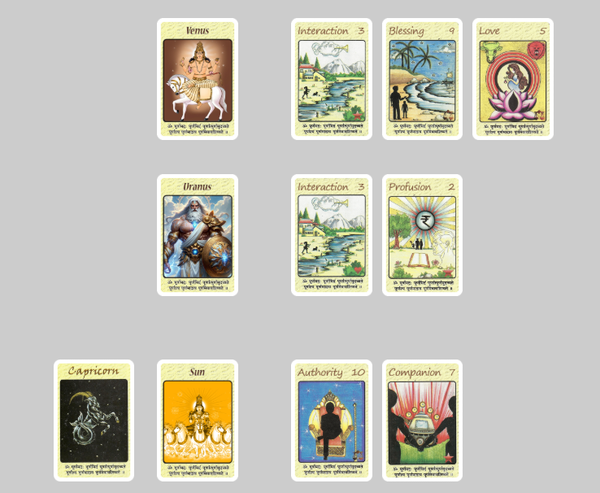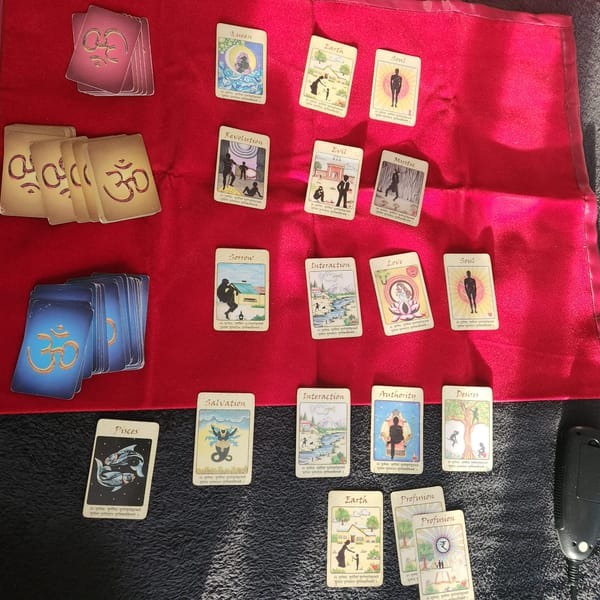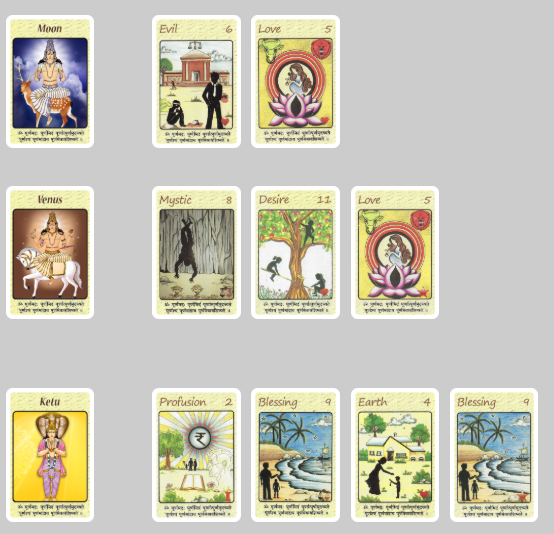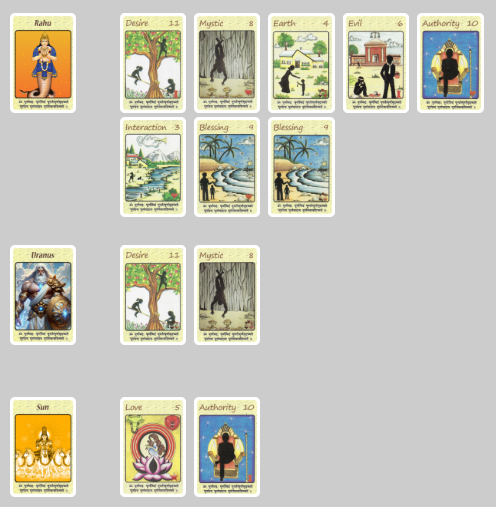Ifrit - The Tale of King Solomon
The Ifrit, a fearsome jinn of smokeless fire, stands out in Arabian folklore for its rebellious nature and immense strength. In pre-Islamic traditions, it was a powerful and dangerous spirit #Ifrit #Jinn #ArabianMythology #Folklore #SupernaturalTales #AncientWisdom #occultsanctum #Solomon
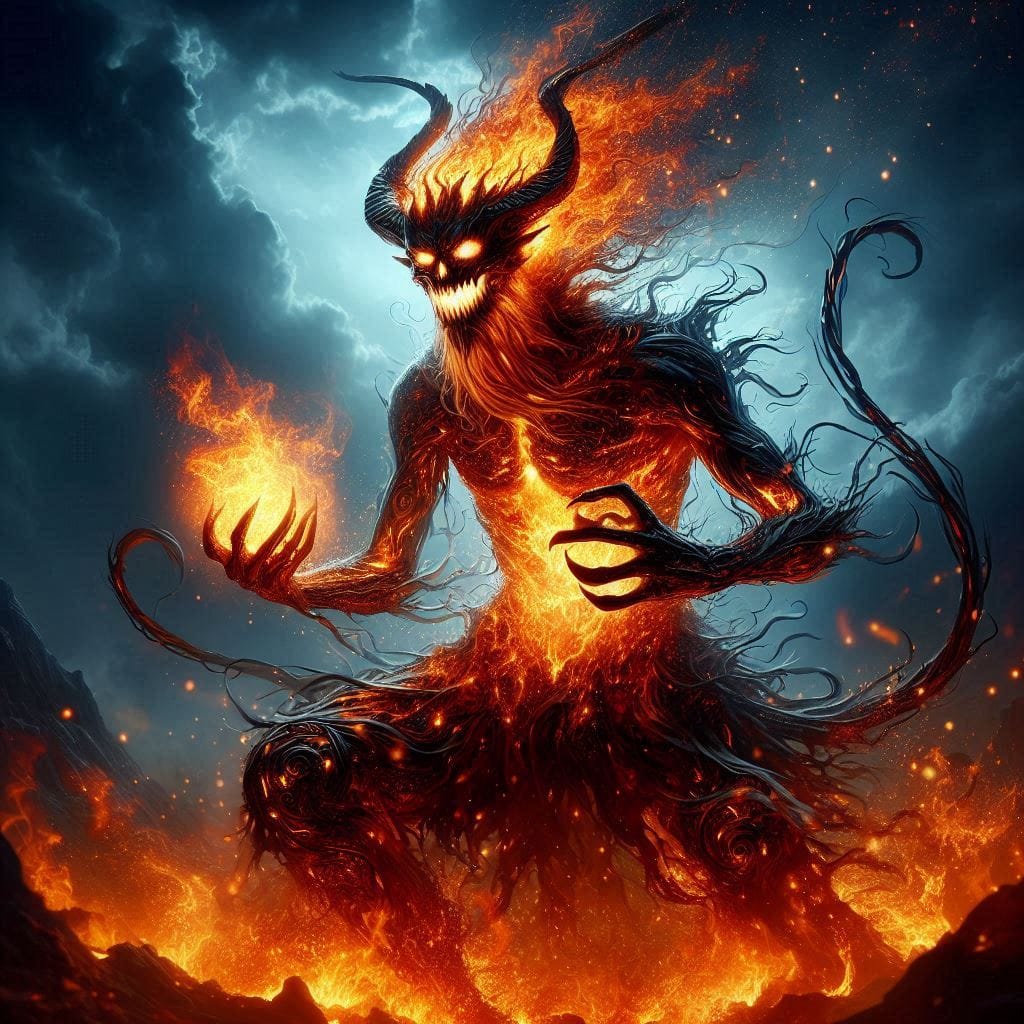
The Ifrit (Arabic: عفريت) is one of the most famous and fearsome types of jinn in Arabian and Islamic folklore. The Ifrit is often depicted as a powerful and malevolent being, known for its strength, fiery nature, and rebellious characteristics. The origins of the Ifrit, like most jinn, are deeply rooted in pre-Islamic Arabian traditions and were later incorporated into Islamic belief and culture.
Origins of the Ifrit
In Arabian folklore, the Ifrit is a type of jinn that is made from smokeless fire, a key characteristic that distinguishes jinn from humans and angels. According to some traditions, jinn were created before humans and lived in the world, but they were invisible and could traverse between the earthly realm and the spiritual world. The Ifrit, however, stands out due to its exceptional strength and violent nature.
In pre-Islamic times, the Ifrit was seen as an extremely powerful and dangerous creature. In pre-Islamic Arabic poetry, references to the Ifrit often portray it as a demon or spirit that could possess individuals, wreak havoc, or serve as an antagonist in various myths and stories. With the advent of Islam, the Ifrit was integrated into the broader Islamic understanding of jinn, with Islamic texts describing Ifrits as part of the rebellious jinn who were disobedient to God.
In the Qur'an, while the word "Ifrit" is not used explicitly, the concept of rebellious, evil jinn like the Ifrit is implied. The Ifrit is often contrasted with other types of jinn, such as the Marid, which is also powerful but is sometimes described as more neutral or less hostile. The Ifrit, in its purest form, is typically seen as a malevolent being that seeks to bring harm to humans.
Once, in the time of King Solomon, the great ruler blessed with wisdom and dominion over men, animals, and the jinn, there arose a disturbance in his vast kingdom. Among the spirits under his command, the Ifrit, a mighty and rebellious jinn of smokeless fire, sought to defy his rule. This Ifrit, unlike others, was filled with pride and arrogance, believing itself above submission to any master, even one chosen by the Divine.
One day, Solomon called upon his council of men and jinn. He had received news of the Queen of Sheba, a ruler of great wisdom and wealth, and desired to test the loyalty of those in his service. He turned to his assembly and asked, "Who among you can bring me the throne of Sheba before she arrives at my court?"
From the gathering, an Ifrit stepped forward, towering over the others, flames flickering from its form. With a voice deep as thunder, it proclaimed, "I shall bring you the throne before you rise from your seat. My strength is great, and I am trustworthy in this task."
Solomon, though powerful, was a man of divine wisdom. He knew that the Ifrit, though mighty, was also a being of pride and cunning, always seeking to prove its superiority. Before he could answer, another—one who had knowledge of the Sacred Name of God—spoke and said, "I shall bring it to you in the blink of an eye." And so it was done.
The throne of Sheba appeared before Solomon, shining in its magnificence. The Ifrit, who had prided itself on its strength, bowed its head, knowing that its power was nothing before divine knowledge. It had sought to impress and elevate itself, but in the end, it was humbled.
Solomon, who commanded all the spirits, used the Ifrit and others like it to build his great temple and cities. He bound the most rebellious of them in chains of brass, imprisoning them beneath the earth and in the depths of the sea, where they could no longer spread their corruption. But even in their confinement, the Ifrits whispered in the shadows, waiting for the day when they might rise again.
And so, the tale of King Solomon and the Ifrit became a lesson: that power and strength are nothing before divine wisdom, and that even the most rebellious beings must eventually submit to the will of the Almighty.
